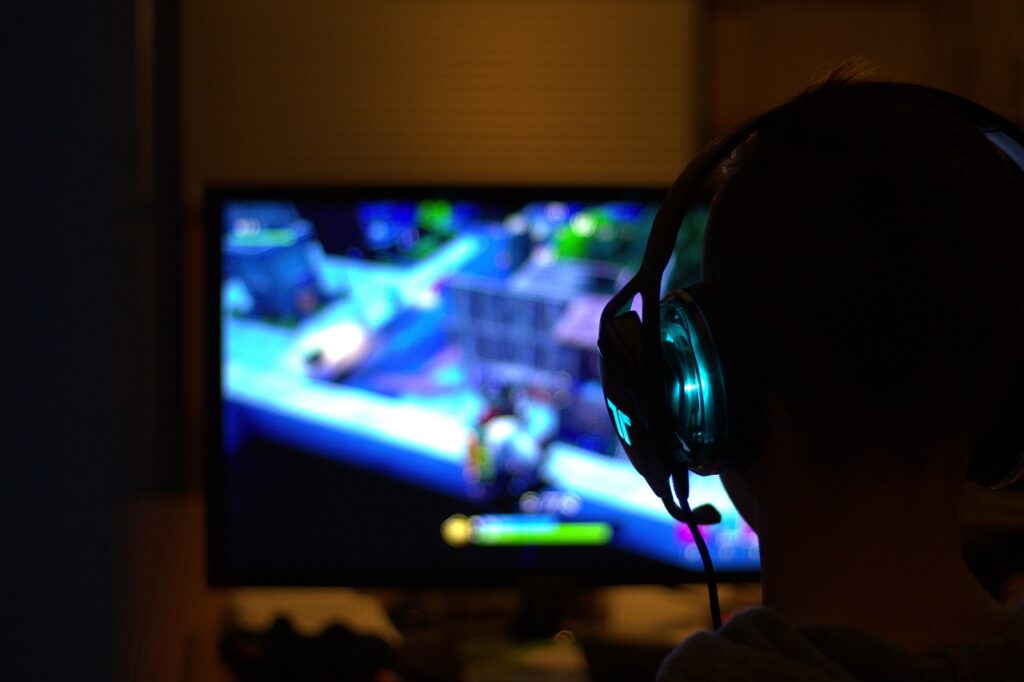Digital Addiction

Digital addiction, also known as internet addiction or technology addiction, refers to the excessive and compulsive use of digital devices and online activities that negatively impact various areas of life, including relationships, work or school performance, physical health, and mental well-being. It can include addiction to video games, social media, online gambling, online shopping, and other digital platforms.
Here are some strategies that can help in dealing with digital addiction:
Acknowledge the addiction: Recognize and admit that you have a problem with excessive digital device use and online activities. Understand the negative consequences it may have on your life and well-being.
Set limits and boundaries: Establish specific boundaries around your digital device use. Determine the amount of time you will allow yourself to spend on activities such as gaming, social media, or browsing the internet. Use apps or tools that can help you monitor and limit your screen time.
Create tech-free zones and times: Designate certain areas or periods of time where you completely disconnect from digital devices. For example, establish device-free zones in your bedroom or during meal times. Engage in activities that don’t involve screens during these periods.
Practice self-care: Engage in activities that promote your physical and mental well-being. Exercise regularly, practice mindfulness or meditation, spend time outdoors, pursue hobbies, and maintain a healthy sleep routine. Taking care of yourself will help reduce the urge to rely on digital devices for emotional support or escape.
Develop alternative interests: Find alternative hobbies and activities that you find fulfilling and enjoyable. Explore activities that involve social interaction, creativity, and personal growth. Engaging in offline activities can help divert your attention from digital devices.
Establish social connections: Cultivate real-life relationships and connections. Spend quality time with family and friends, participate in social events, and engage in face-to-face interactions. Building a strong support network can help reduce the need for excessive online socializing.
Practice digital detox: Take occasional breaks from digital devices and online activities. Designate specific periods, such as weekends or vacations, where you disconnect entirely from digital devices. Use this time to engage in other activities, reconnect with yourself, and focus on in-person interactions.
Seek professional help: If you find it challenging to control your digital device use despite your efforts, consider seeking professional help. Mental health professionals can provide guidance, support, and strategies to overcome digital addiction.
Remember, overcoming digital addiction requires self-discipline, self-awareness, and a commitment to change. By implementing these strategies and seeking support when needed, you can regain control over your digital device use and restore balance to your life.

